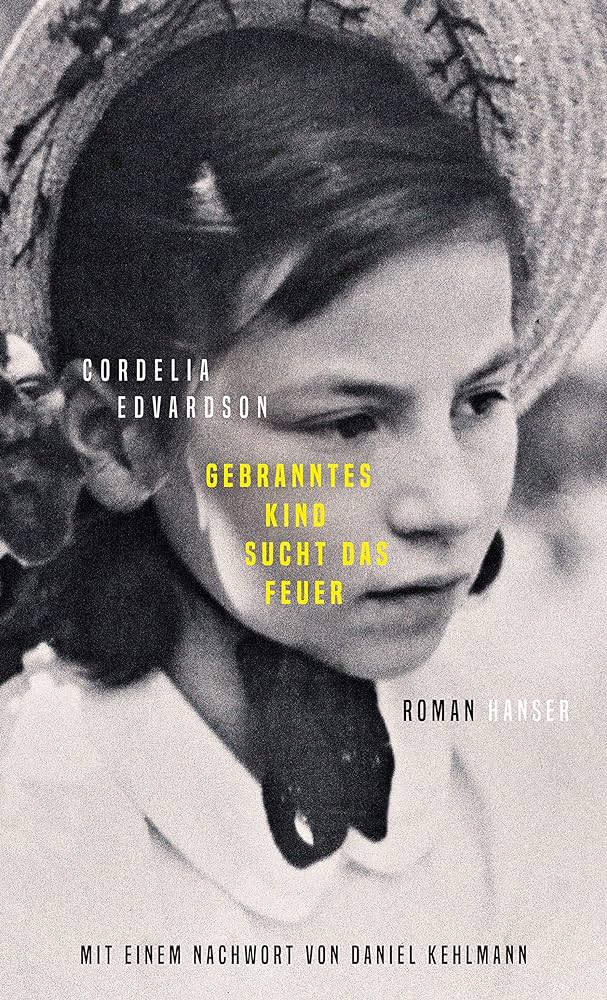“A searing memoir. . . . An enduring, indeed universal, story.” - Robert Taylor, The Boston Globe
"A lacerating, beautifully translated memoir." - Publishers Weekly, starred review
“A mesmerizing archeology of a harrowing childhood.... Edvardson combines concentration-camp recollections, a searching of her complex and tormented childhood in a fractured Catholic-Jewish family, and an account of the paradoxes of being a survivor so deftly that they become a single story. [It has] the concise unreality of a horrifying fairy tale." - Thomas Frick, Los Angeles Times Book Review
"What is startling about her excellently written retrospective on her time at the low-point of civilization are not only the scenes in the camp itself, but also the early contacts with the bureaucratizing of race, the friendly inquiries regarding why she actually does not wear her Jewish star and whether she could please sign here and there. Hanser Verlag has commissioned a new translation of this overwhelming book by the brilliant Ursel Allenstein, bringing the distant and the incomprehensible close and clear." - Felix Stephan, Süddeutsche Zeitung
"This book is the rediscovery of the season." - Ulrike Baureithel, Der Tagesspiegel
"Cordelia Edvardson's book was praised, and then at some point it went out of print. It has come back to us, newly translated and accompanied by Daniel Kehlmann's precise epilogue, offering a second chance, a shock, a great gift." - Gisela Trahms, Welt am Sonntag
"The completely dry tone of this great and meaningful autobiographical work is remarkable and admirable to the highest degree. Cordelia Edvardson’s immensely great achievement is to have found her way back to a rich individuality in her short, great book.” - Stephan Optiz, FAZ
“She presents a mother-daughter relationship intensified to an unbearable extreme, as well as details from the reality of the death camps."
- Gustav Seibt, SZ Online
A startling literary rediscovery, in a new translation by Ursel Allenstein, with an afterword by Daniel Kehlmann.
»The girl had always felt that there was something wrong with her.« Cordelia, born out of wedlock, is a »three-quarter Jew.« Her mother is a well-known writer and devout Catholic. At a decisive moment, she does not protect her daughter but saves herself instead. At the age of 14, Cordelia Edvardson is deported to Auschwitz.
Her novel is the painful exploration of her own mother’s betrayal, a tentative search for identity, and an attempt to face the horrors of the past.
